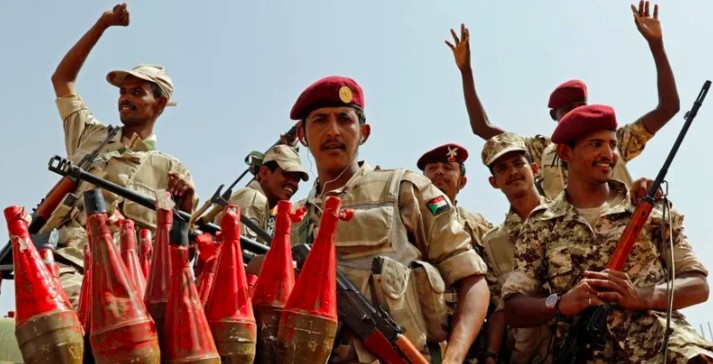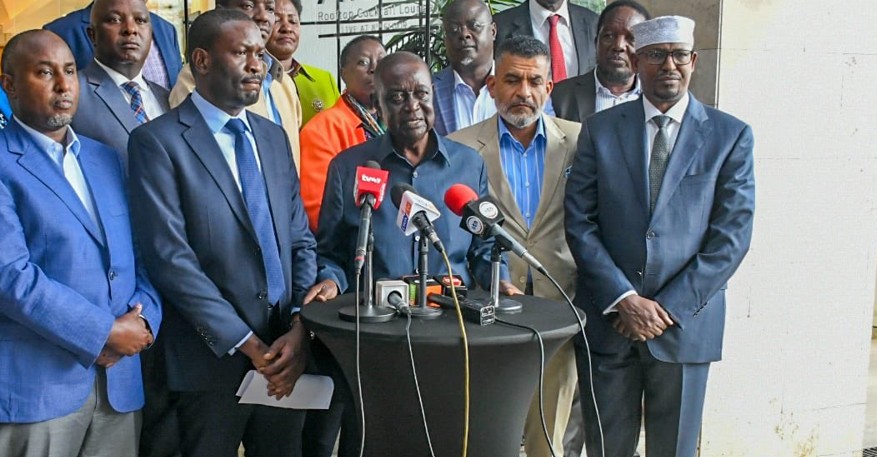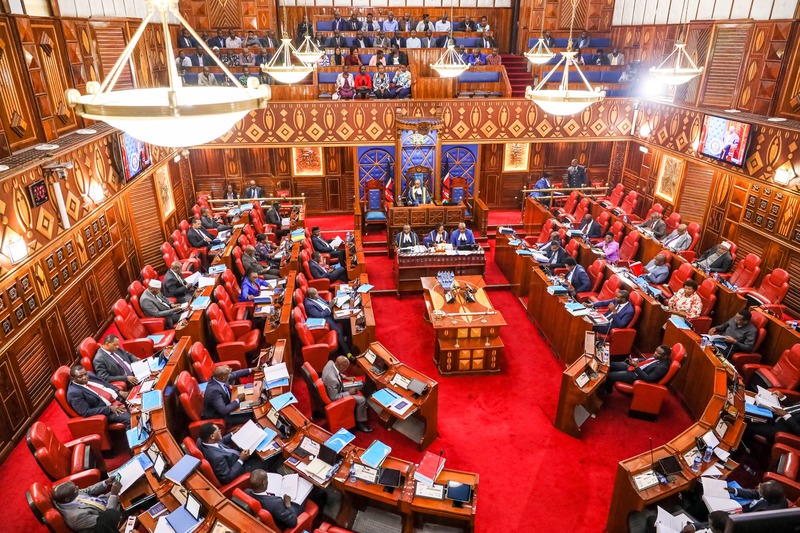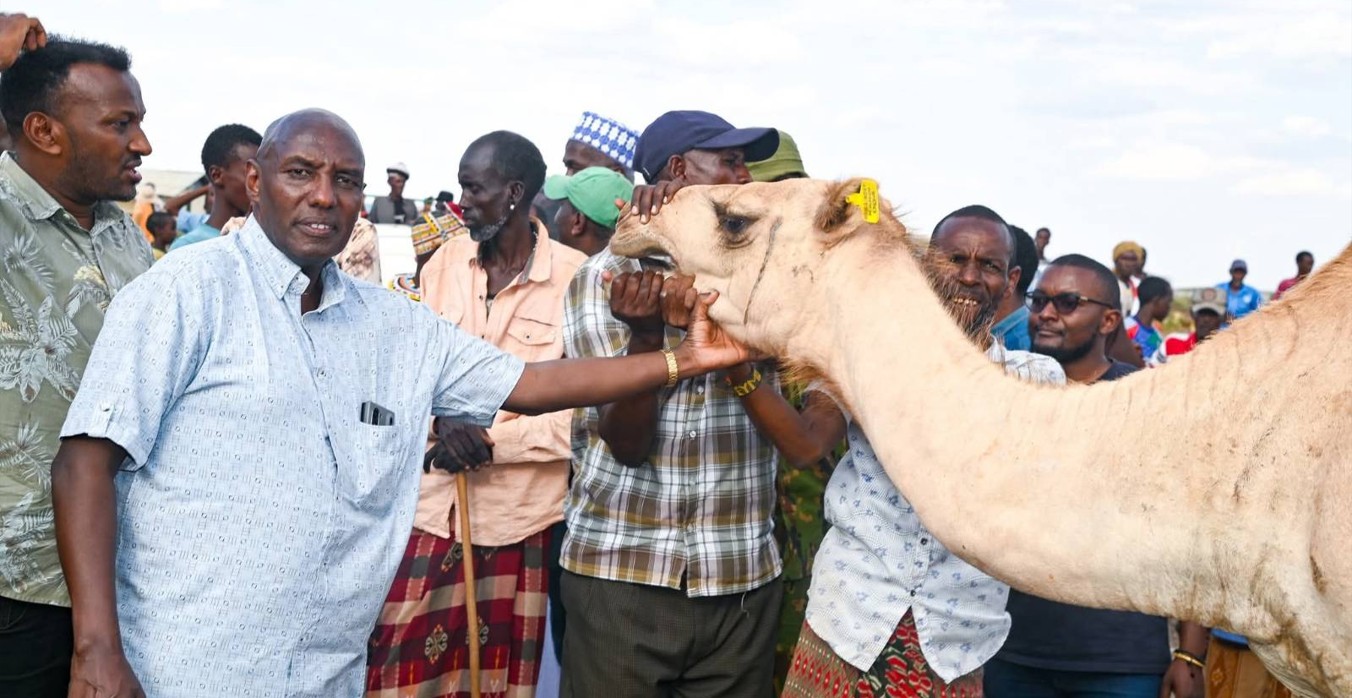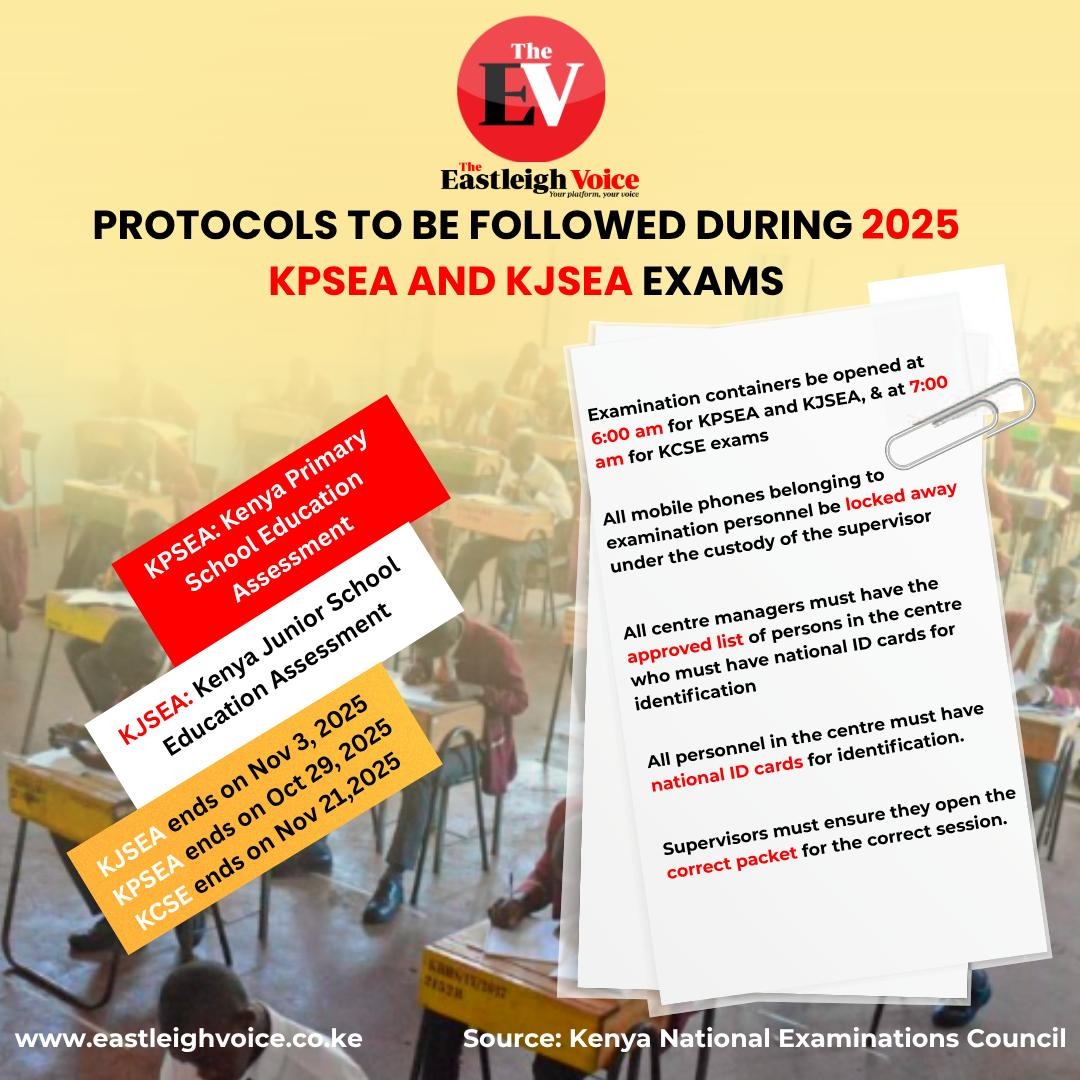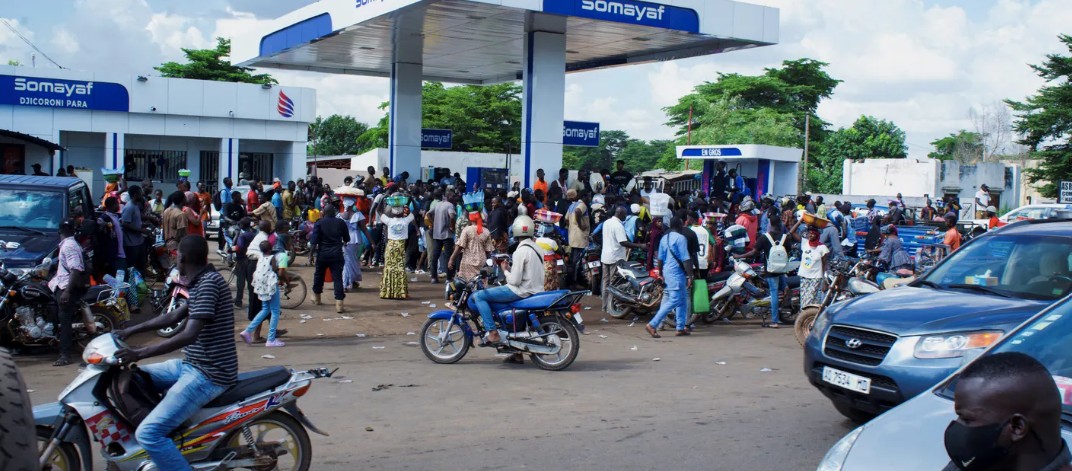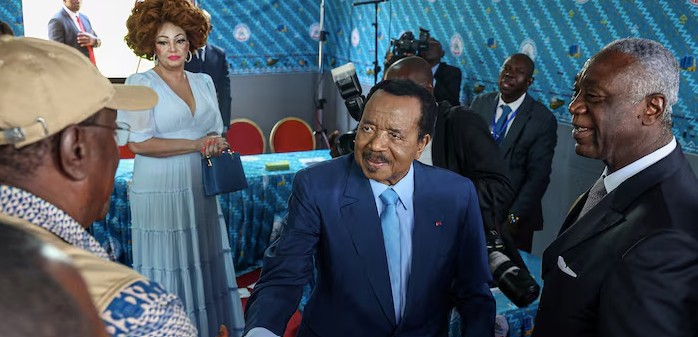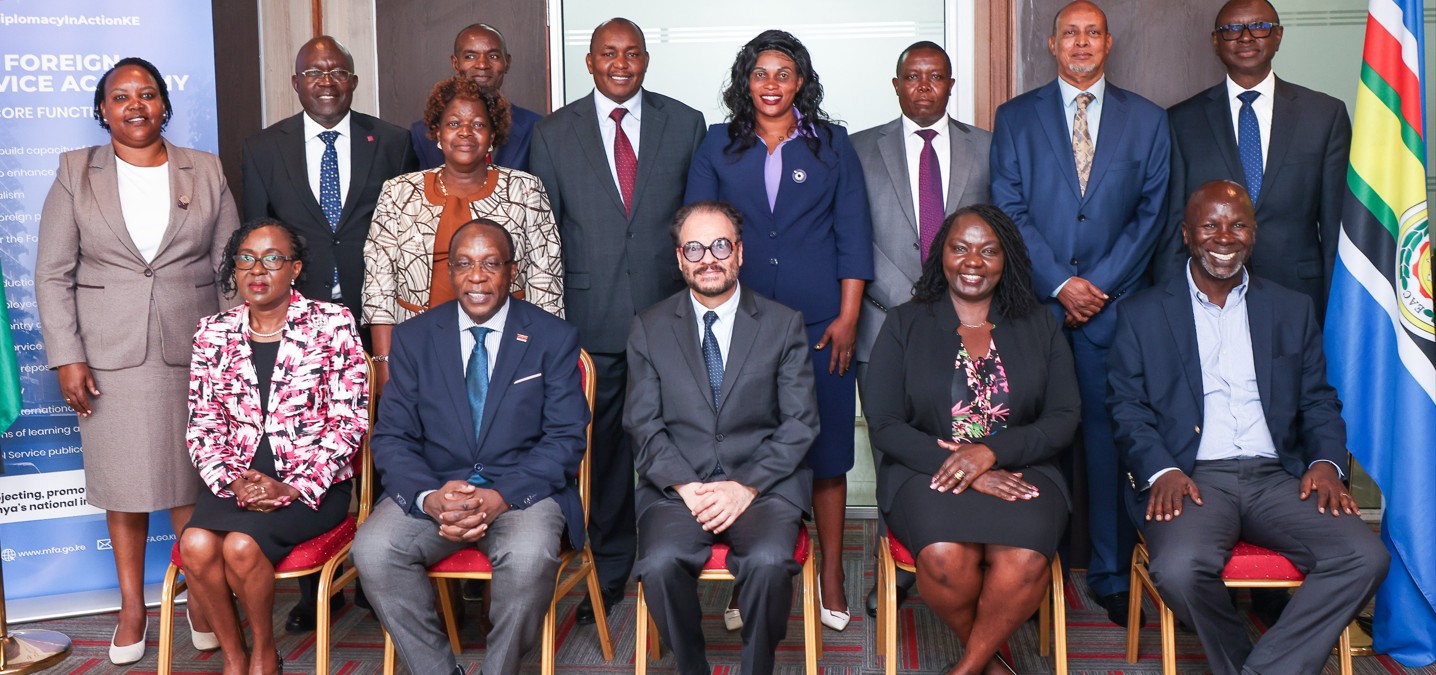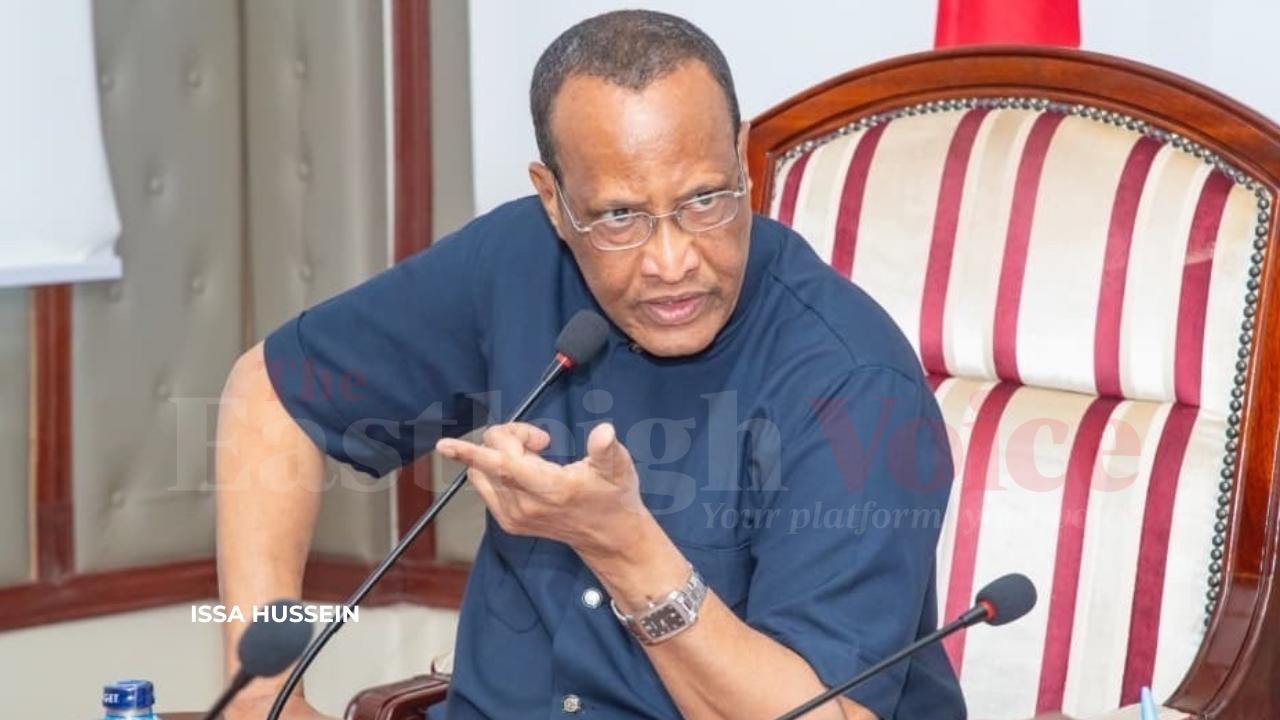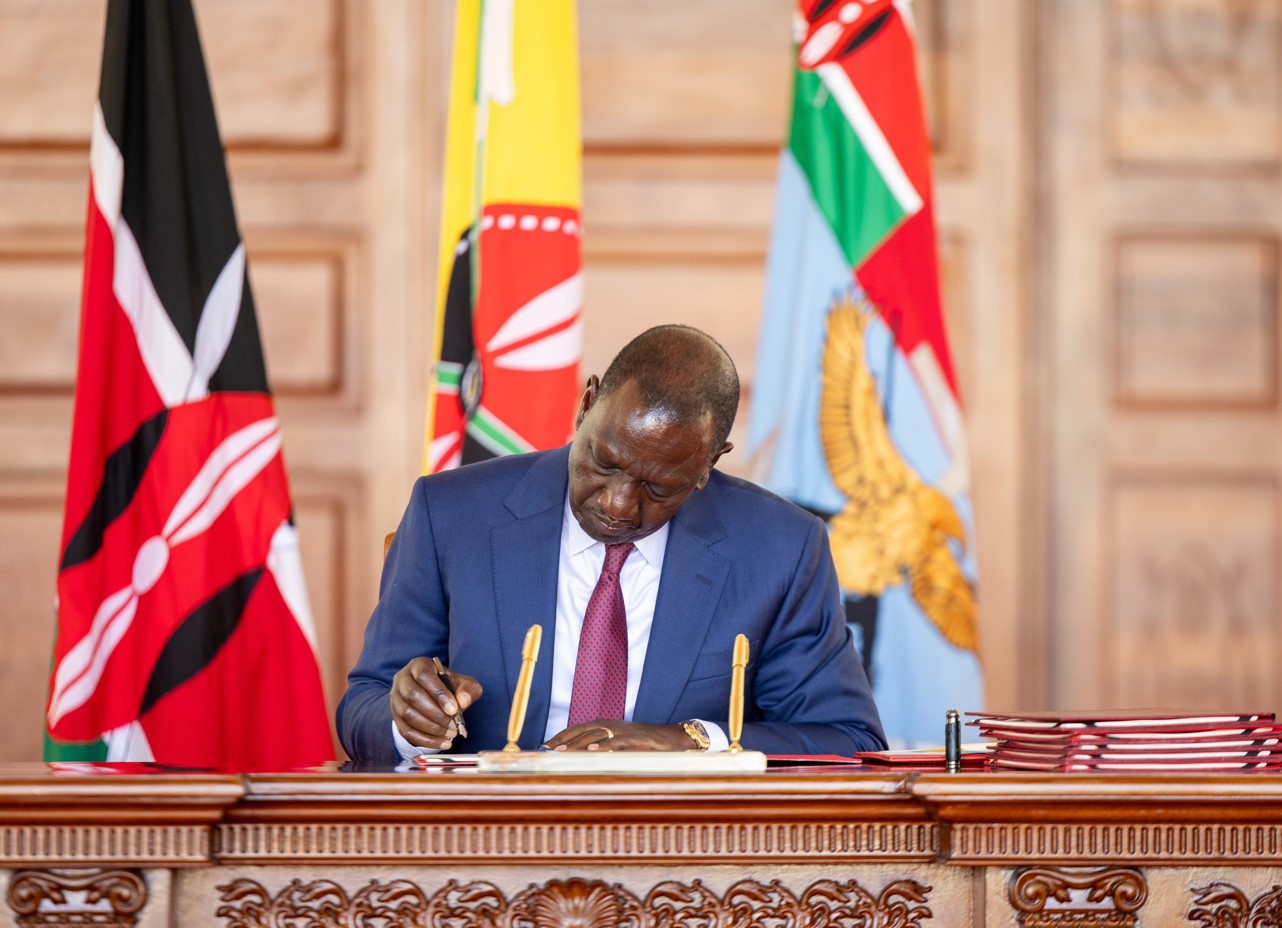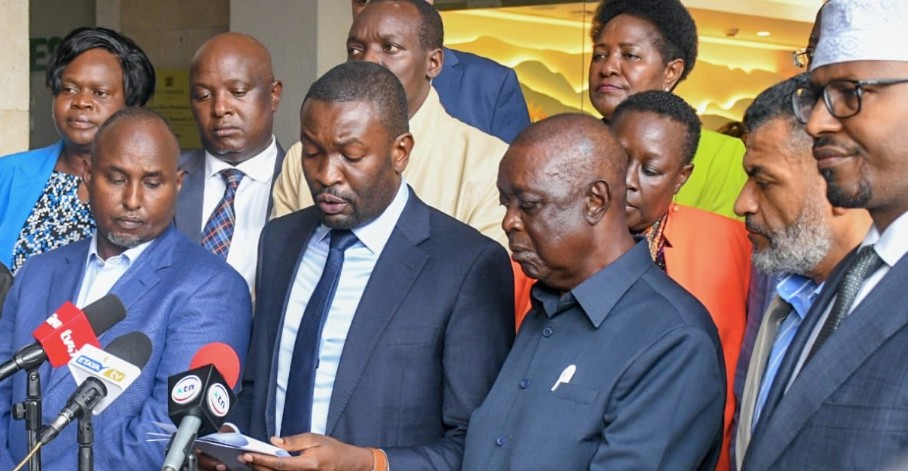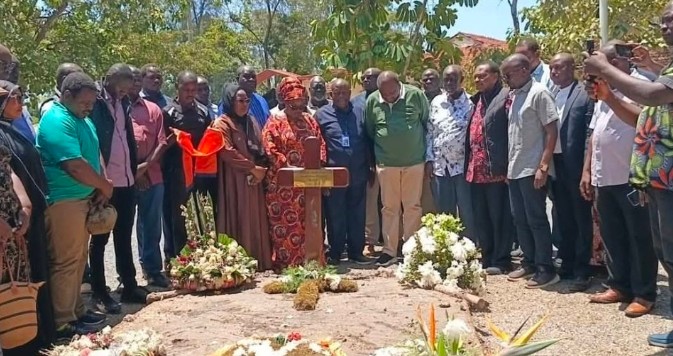Budget Controller slams wasteful govt spending, urges leaders to prioritise development
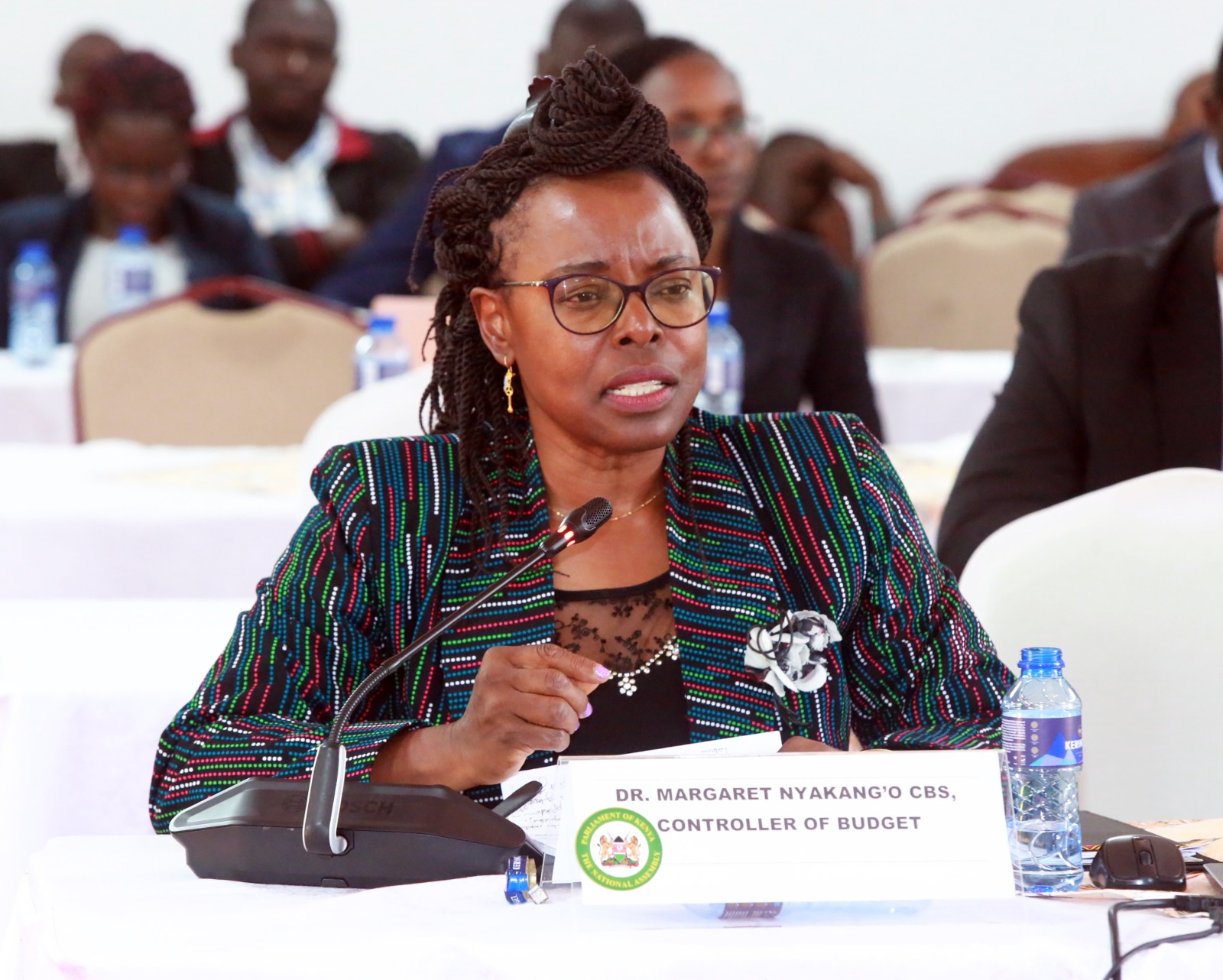
The Controller of Budget, Margaret Nyakang'o has expressed concerns over the government's wasteful spending, urging leaders to prioritise long-term development over short-term recurrent expenditure.
Speaking during an interview with Citizen TV on Monday, Nyakang'o dissected the first quarterly budget implementation report for the 2024/25 financial year, highlighting a glaring disparity in resource allocation.
More To Read
- Government recurrent spending surges by Sh86.4 billion despite Ruto’s austerity pledges
- Billions locked in stalled county projects across the country - CoB Margaret Nyakang'o
- Treasury warns billions at risk as counties rely on third-party revenue systems
- Counties spend nearly half of budgets on salaries, audit shows
- Funding cuts spark urgency in state corporation shake-up, says Parliamentary Budget Office
- Controller of Budget flags 16 counties for concealing true staff expenditures
"When we were preparing the 2024/25 budget, there was a lot of optimism. As such, many ministries, departments, and agencies had very ambitious development budgets. But when the finance bill collapsed, many of the previously planned development projects stalled," she explained.
The report revealed that from July to September 2024, ministerial development expenditure had an absorption rate of just 17%, with Sh106.39 billion spent out of the allocated Sh641 billion.
Meanwhile, recurrent expenditure reached Sh358.5 billion, representing a 23% absorption rate.
The report also cited some concerning trends in non-essential spending, such as Sh3.5 billion on travel and Sh2.21 billion on specialised supplies, while critical development needs remain underfunded.
"Travel, locally and internationally, is one area we can easily reduce without losing much. If you go to Naivasha on any given day, you will find many government agencies in expensive hotels doing conferences. This takes quite a lot of money," she observed.
Nyakang'o also pointed to systemic challenges hampering efficient budget execution. These include delays in disbursing funds, poor financial reporting by government agencies, and a lack of adherence to approved plans.
She further noted that despite the collapse of the Finance Bill, which was expected to rein in non-essential costs, spending patterns continue to reflect a skewed focus.
"Essential expenses like construction and specialised equipment accounted for Sh10.6 billion and Sh880 million, respectively. This is only 10% of gross development expenditure," she noted.
Top Stories Today
